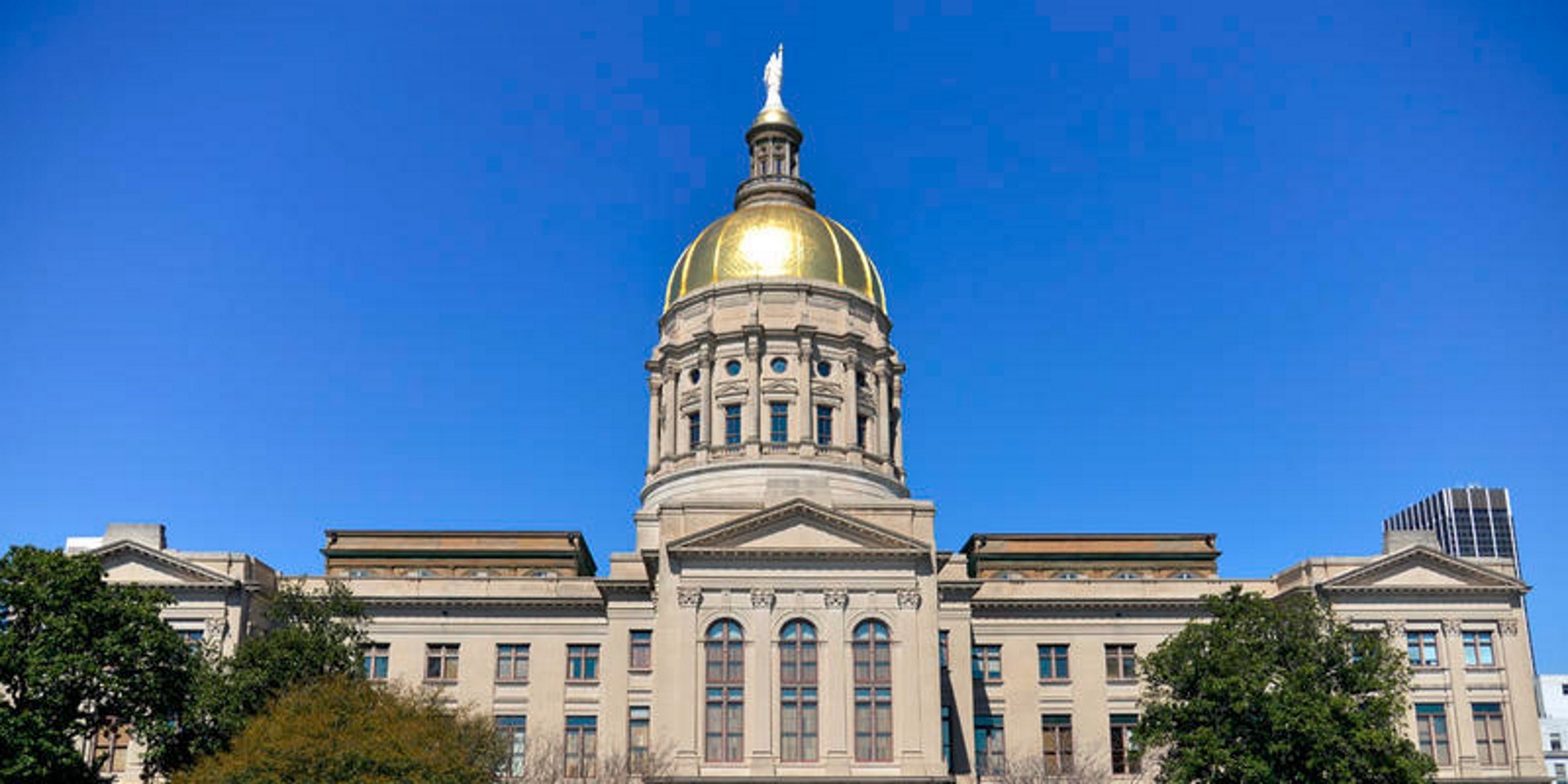Gov. Brian Kemp is telling business leaders that crime is “the most significant threat” to Georgia’s future, keeping up his emphasis on the issue as he seeks reelection in 2022.
The Republican, speaking to the Georgia Chamber of Commerce on Tuesday in Columbus, said chamber members have a responsibility to publicly advocate against crime and for ways to decrease crime.
“Simply put, if crime is rampant on the streets of your local community, businesses will look elsewhere, workforces will leave, visitors won’t show up, and investment will stop,” Kemp said in a speech broadcast by video.
The governor has used Atlanta as a frequent target in his discourse about crime, but acknowledged Tuesday that “it is a also a challenge facing many of our communities across Georgia.”
“Talk to your sheriff and your police chiefs, talk to your local prosecutors, and talk to schools, churches, and community organizations,” Kemp said. “Work with them to put forward new job training or mental health programs that deter people from lives of crime. And work with local elected leadership to appropriately fund law enforcement.”
Ahead of 2022 elections, many Republicans are trying to make the case that voters shouldn’t trust Democrats on crime, a continued reaction to efforts by a few Georgia Democrats to limit police funding as part of the Black Lives Matter protests and an increase in deadly shootings in Georgia and many other states.
Georgia state government has traditionally had a limited role in fighting crime, with most of the responsibility falling to local sheriffs, police departments and district attorneys. Kemp has repeatedly touted state police efforts to cut down on street racing and stunt driving. Troopers have formed a crime suppression unit that also seeks to arrest fugitives, but troopers have little role in investigating local shootings, a key concern. Kemp also has supported efforts to increase prosecutions of gang members.
Kemp told lawmakers in July that he would include anti-crime proposals for lawmakers to consider this fall when they return for a special session to redraw electoral districts, although House Speaker David Ralston and other House leaders continue to say they would prefer to wait until the regular session in January.








